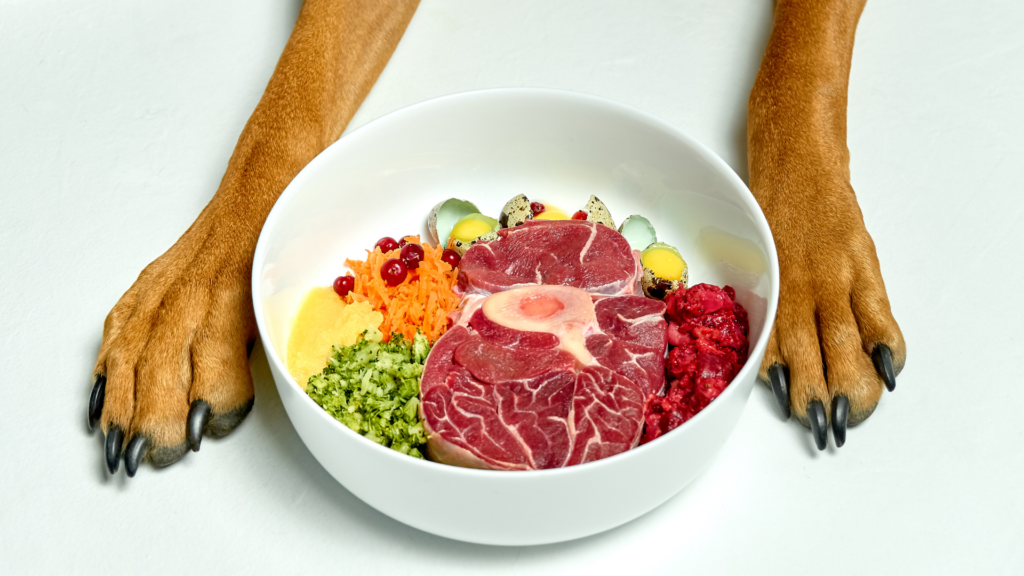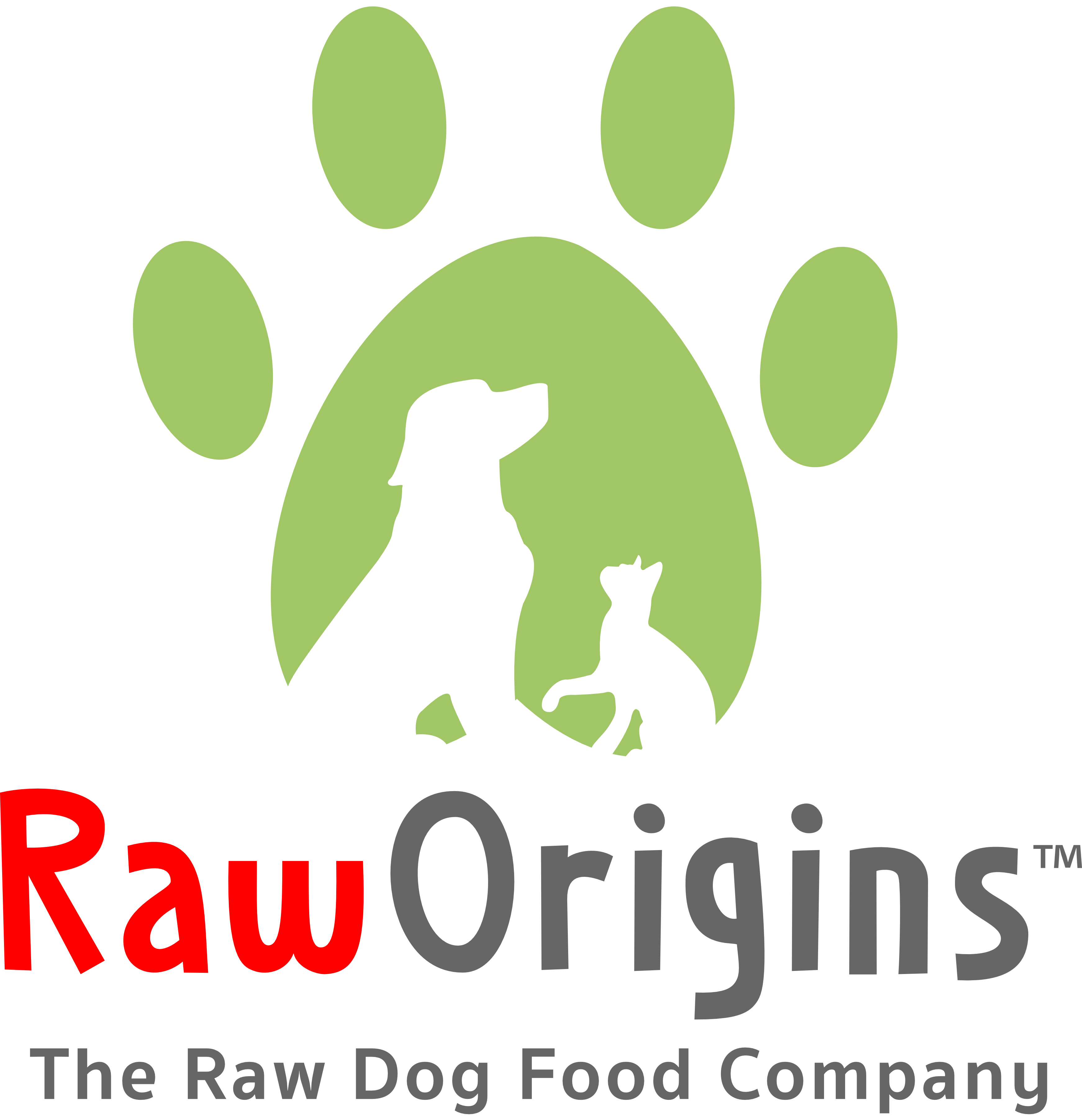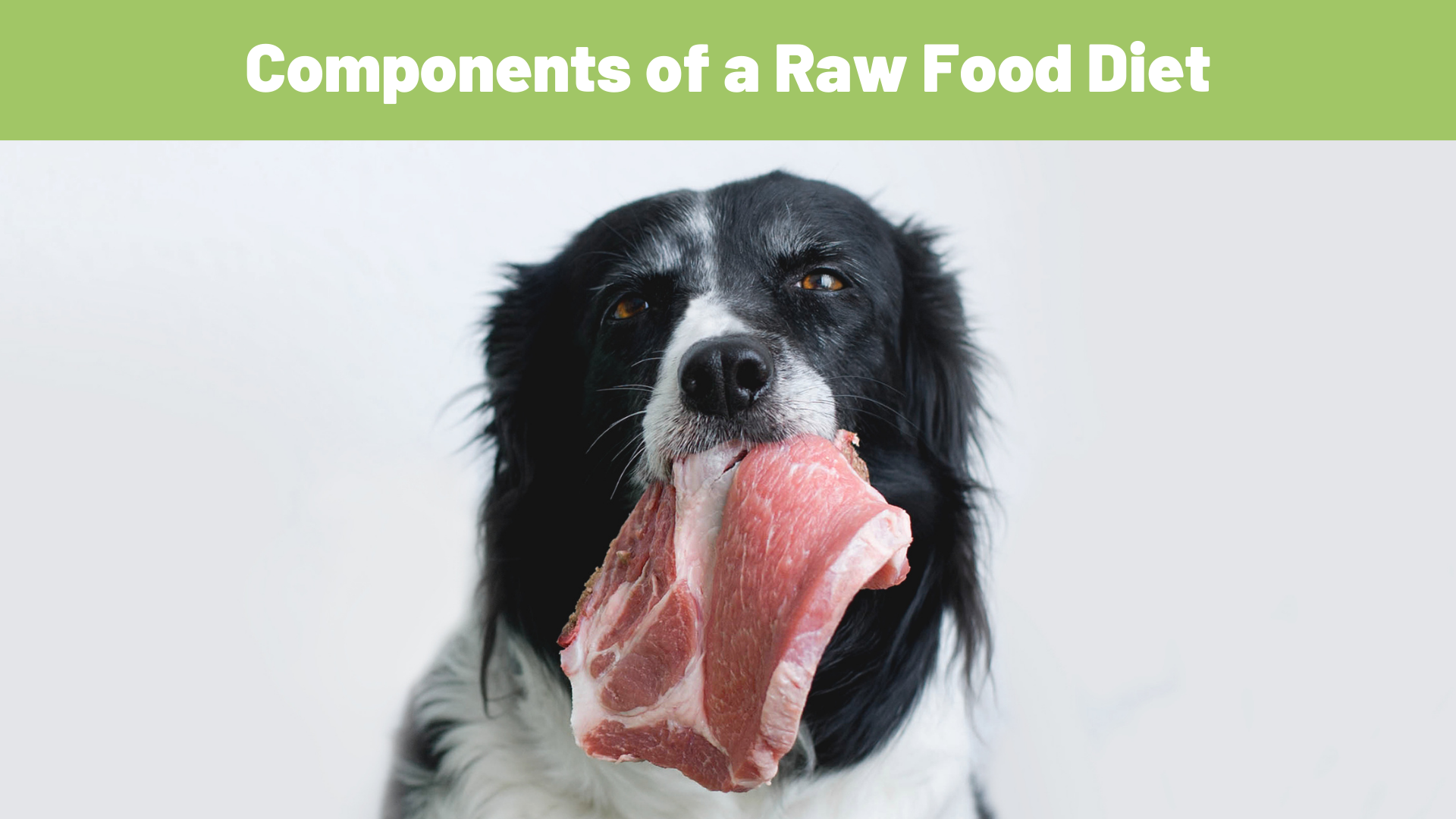In recent years, pet owners have been increasingly turning to alternative diets for their canine companions, and one such diet that has gained popularity is the raw food diet for dogs. Advocates of this diet believe that feeding dogs raw, unprocessed food mimics their ancestral diet and provides a myriad of health benefits. In this blog post, we’ll explore the nutritional components of a raw food diet and delve into the potential benefits it can offer to your furry friend.
Protein: The Foundation of Canine Health
Dogs are natural carnivores, and protein is a crucial component of their diet. A raw food diet typically includes high-quality, uncooked meat such as beef, chicken, turkey, or fish. These protein sources are rich in essential amino acids, promoting muscle development, supporting the immune system, and maintaining a healthy coat and skin.
Healthy Fats for Optimal Canine Wellness
Raw diets often include fats from sources like meat, eggs, and certain oils. These healthy fats are essential for energy, aiding in nutrient absorption, and promoting a glossy, lustrous coat. Omega-3 fatty acids, found in fish, contribute to joint health and can have anti-inflammatory effects, benefiting dogs with arthritis or other joint issues.
Bone Health with Calcium and Phosphorus

Bones are a natural source of calcium and phosphorus, vital minerals for maintaining strong and healthy bones in dogs. A raw food diet may include raw meaty bones, which not only satisfy a dog’s instinctive chewing behavior but also contribute to dental health by reducing plaque and tartar buildup.
Vitamins and Minerals: Supporting Canine Vitality
Raw fruits and vegetables are integral to a balanced raw food diet, providing essential vitamins and minerals. Vegetables like carrots, broccoli, and leafy greens offer antioxidants that support the immune system, while fruits like berries provide additional vitamins and natural sweetness.
Enzymes: Enhancing Digestive Health
Raw food contains natural enzymes that aid in digestion. These enzymes can contribute to a healthy gut, improve nutrient absorption, and reduce the risk of digestive issues such as bloating and gas. Proponents of raw feeding argue that these enzymes are often destroyed during the cooking process in commercial dog food.

Benefits of a Raw Food Diet
Improved Coat and Skin Health: The abundance of essential fatty acids in a raw diet can contribute to a shinier coat and healthier skin, reducing issues like dryness and itching.
Increased Energy and Vitality: Some pet owners report increased energy levels and vitality in their dogs on a raw food diet, attributing it to the natural, nutrient-dense components of the diet.
Better Dental Health: Chewing on raw meaty bones can act as a natural toothbrush, helping to keep teeth clean and healthy.
Potential Weight Management: A well-balanced raw diet may aid in weight management, preventing obesity and related health issues.
Wrapping It Up
While the raw food diet for dogs has gained popularity, it’s essential to consult with a veterinarian before making significant changes to your pet’s diet. Each dog is unique, and their nutritional needs may vary. A carefully planned raw food diet can offer a range of nutritional benefits, contributing to your dog’s overall health and well-being. Whether you choose a raw diet exclusively or as a supplement to commercial dog food, the key is to provide a balanced and nutritionally complete diet that meets your dog’s individual requirements. Get updated knowledge on how to feed raw, discounts, coupons, and holistic rearing at www.RawOrigins.pet.

